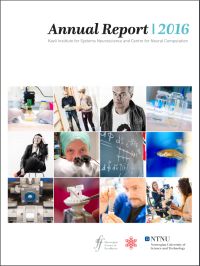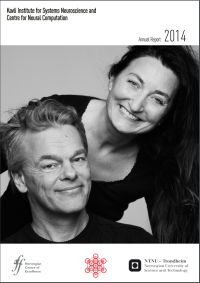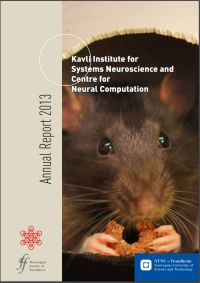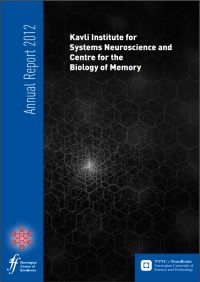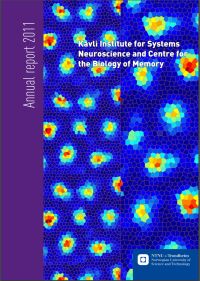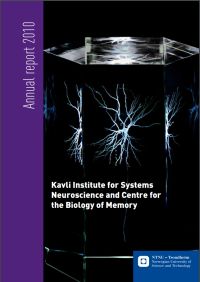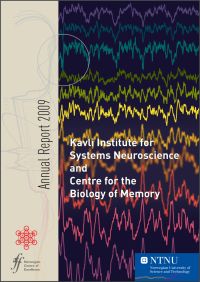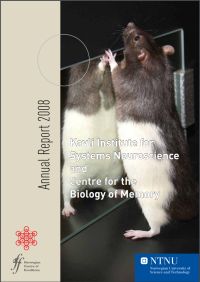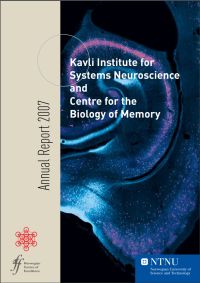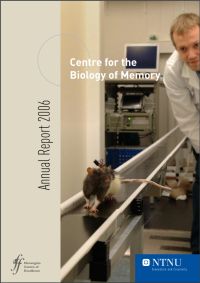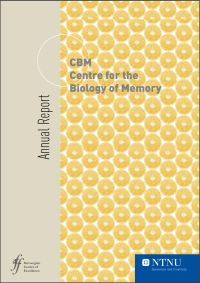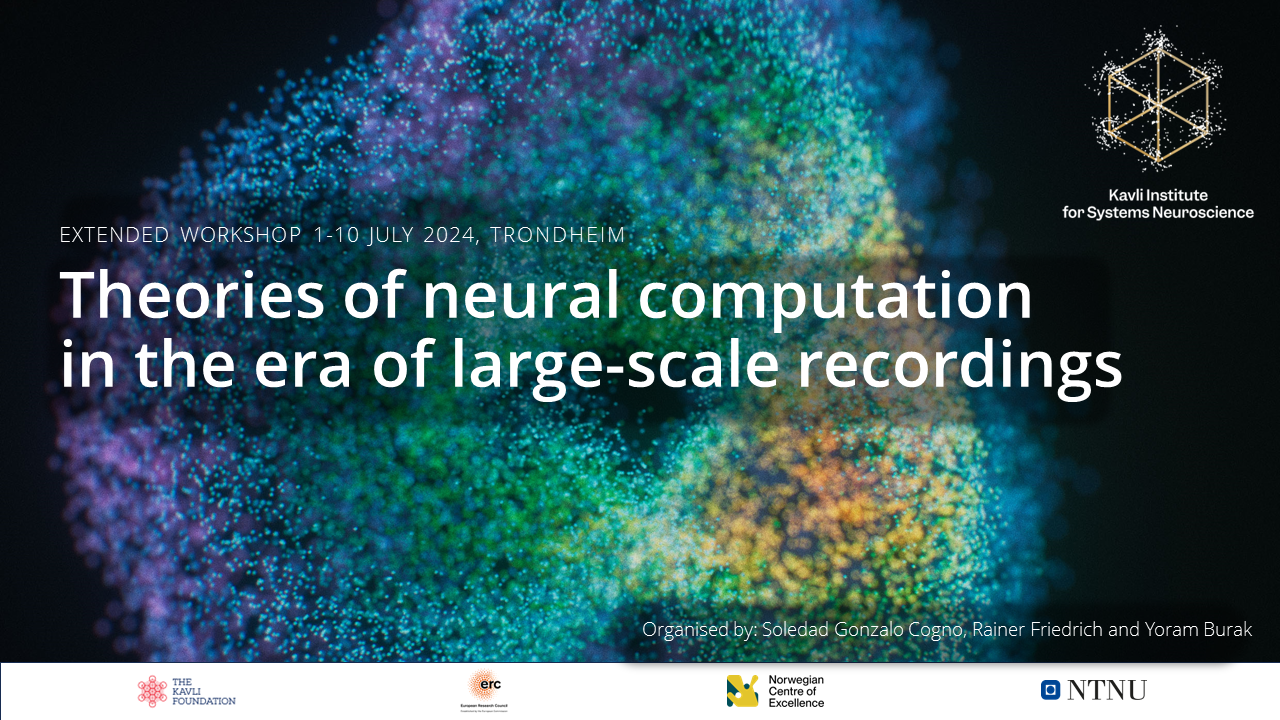KISN at SfN17
Outreach
Brain Science Discoveries at KISN
Say hello to Mini2P - the brain explorer!
Mini2P is an open-source miniature 2-photon microscope brain explorer for fast high-resolution calcium imaging in freely-moving mice.
Get to know Mini2P.
A framework in your brain for organising the order of things

Scientists at NTNU’s Kavli Institute for Systems Neuroscience have discovered a pattern of activity in the brain that serves as a template for building sequential experiences.
A framework in your brain for organising the order of things (Norwegian SciTech News).
Minute-scale oscillatory sequences in medial entorhinal cortex (Nature)
Annual Report
Earlier annual reports
Stories from KISN
KISN at SfN17
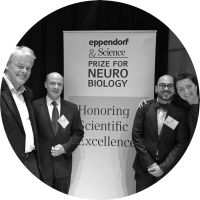
Report from Kavli Institute at the worlds largest neuroscience event Society for Neuroscience in Washington DC, November 2017.
Events
Events at NTNU, Trondheim 5th of Sept. 2024.
KISN Extended workshop
Take a look at the highlights from this summer's workshop: Theories of neural computation in the era of large-scale recordings, 1-10 July in Trondheim by Soledad Gonzalo Cogno, Rainer Friedrich and Yoram Burak.
Thank you to all our wonderful speakers, poster presenters, attendees, & staff for making this event a great success!
National PhD conference in Neuroscience
This year's NRSN conference at the beautiful Jegtvolden Fjordhotell! Don't miss out on the chance to develop your presentation skills, listen to exciting keynote lectures, network with other neuroscientists, and fun social activities ![]()
![]()
Also open for postdocs and MSc students!
![]() Register now by the 20th of August!
Register now by the 20th of August!
Read more on our website.
Selected media
The scientists at the Kavli Institute take part in various activities for communicating science to the public. The tools of the trade for communicating within the science community, like peer-reviewed journals and conference proceedings, are not good sources of knowledge for the public. Rather it’s through popular media, like online video platforms, television, social media, radio, podcasts, newspapers and magazines, as well as popularized talks and debates taking place in the public, that the majority of citizens gain knowledge and advice about science.
Popular science communication demands a translation of both complexity, language and dissemination form, without compromising central scientific aspects. By explaining scientific relationships in a straight-forward language and contextualizing scientific facts within issues of public interest and concern, our scientists aim at not only translating information and facts into publicly accessible knowledge and understanding, but also at providing a vocabulary that allows the broader public to engage in and join discourses about local and global issues that involve both risks and benefits, and in which every citizen is a stakeholder.
These insights represent the fundament for the institute's public outreach activities and science communication plan.
Starmus represents an innovative approach to boosting public understanding of science, inviting citizens to engage with and participate in scientific discourses, by bringing together the very best of science and art into a weeklong popular science dissemination festival. The festival is pulling thousands of visitors, and is covered by major media houses across the world.
In 2016 Edvard Moser participated in the Starmus festival III held in Tenerife, with a popular science lecture on grid cells. Edvard and May-Britt Moser have since been instrumental in bringing the Starmus initiative to Trondheim (2017).
 Popular speakers at the Starmus III festival in Tenerife (2016). Edvard Moser, sixth from left. Photo credits: Max Alexander
Popular speakers at the Starmus III festival in Tenerife (2016). Edvard Moser, sixth from left. Photo credits: Max Alexander"The Grand Narrative" is an animated story about how we find our way in the environment, and why navigation is essential for life.

Into Whiteness is a story of how your ability to find your way in the environment and to remember your history, arise from activity in neural circuits deep within your brain. It is also the story of what happens when these neurons that underpin memory and navigation start dying in Alzheimer’s disease. Learn more about Into Whiteness
New York Times A Sense of Where You Are
Nature Neuroscience: Brains of Norway
Huffington Post The Incredible True Tale Of “The Queen Of Neuroscience” And Her Nobel Prize
Neurosciencestuff A "light switch" in the brain illuminates neural networks
Science Magazine Beam me up, Ratty
Science news Meet 10 scientists who are making their mark
The Guardian How the brain navigates: science Nobel prize special (podcast, 52:20)
Kavli Institute for Systems Neuroscience A journey into the entorhinal cortex (video, 2:51)
Körber Prize May-Britt and Edvard Moser – Winner of the Körber European Science Prize 2014 (video, 9:29)
Skavlan Medicinpriset Maj-Britt och Edvard Moser hos Skavlan (video)
New York Times A Brain's GPS (video, 6:47)
Edvard Moser's Nobel Lecture Grid Cells and the Entorhinal Map of Space
May-Britt Moser's Nobel Lecture Grid Cells, Place Cells and Memory
Grid cells for Young Minds
Frontiers for Young Minds: Can grid cells help us understand the brain?
SUPPORT THE BRAIN RESEARCH
You are most welcome to support the brain research at the Kavli Institute for Systems Neuroscience led by May-Britt Moser and Edvard Moser.
The Research Fund of the Kavli Institute for Systems Neuroscience has the sole purpose of providing direct financial support for the brain research.




